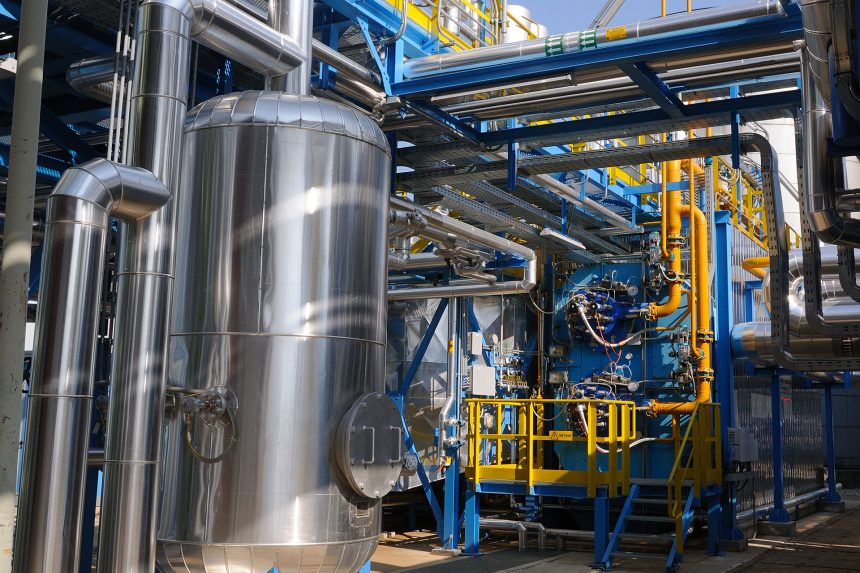Introduction
Industrial boilers are essential components in various manufacturing and processing industries, providing the necessary steam or hot water for a wide range of applications. Ensuring the reliability and efficiency of these boilers is crucial for uninterrupted production and reduced operating costs. One critical aspect of industrial boiler maintenance that often goes overlooked is tube coating. In this article, we will explore the significance of tube coating in industrial boiler maintenance and why it should be an integral part of your maintenance program.
Understanding Boiler Tubes
Boiler tubes are the heart of any industrial boiler system. They are subjected to extreme conditions, including high temperatures, pressure, and corrosive substances. Over time, these harsh conditions can lead to various issues, such as corrosion, scale buildup, and fouling. These problems can result in reduced heat transfer efficiency, decreased boiler performance, and even costly downtime.
The Importance of Tube Coating
Tube coating involves applying protective materials to the inner and outer surfaces of boiler tubes. This process offers several key benefits that are essential for the long-term health and efficiency of industrial boilers:
- Corrosion Resistance: Boiler Tube Coating are constantly exposed to high-temperature water and combustion gases, making them susceptible to corrosion. Tube coatings act as a barrier against corrosion, extending the lifespan of the tubes and reducing the need for frequent replacements.
- Scale Prevention: The buildup of scale, often caused by impurities in water, can lead to reduced heat transfer efficiency. Tube coatings can inhibit scale formation, ensuring that the boiler operates at peak performance levels and reducing energy consumption.
- Fouling Prevention: Fouling, which occurs when deposits accumulate on the inner surfaces of the tubes, can obstruct the flow of hot gases and water. Tube coatings minimize fouling, allowing for efficient heat transfer and preventing costly downtime for cleaning and maintenance.
- Increased Efficiency: By reducing corrosion, scale, and fouling, tube coatings help maintain consistent heat transfer rates, ensuring that the boiler operates at maximum efficiency. This translates to energy savings and lower operational costs.
- Extended Lifespan: With proper tube coating, the lifespan of boiler tubes can be significantly extended. This means less frequent replacements, reduced maintenance costs, and improved overall reliability.
Types of Tube Coatings
Several types of coatings are available for protecting boiler tubes, each designed to address specific issues:
- Epoxy Coatings: Epoxy coatings are excellent for corrosion protection and can withstand high temperatures. They are commonly used on the inner surfaces of tubes.
- Ceramic Coatings: Ceramic coatings provide superior resistance to high-temperature erosion and corrosion. They are ideal for applications where extreme conditions are prevalent.
- Thermal Spray Coatings: Thermal spray coatings are used to create a hard, durable surface on the outer walls of boiler tubes, protecting against abrasion and erosion.
- Anti-fouling Coatings: These coatings are formulated to prevent fouling by repelling deposits and impurities, ensuring efficient heat transfer.
Conclusion
Industrial boiler maintenance is a critical aspect of keeping production processes running smoothly and cost-effectively. Tube coating is an indispensable component of this maintenance, offering protection against corrosion, scale, and fouling. By investing in tube coating, businesses can extend the lifespan of their boiler tubes, improve efficiency, and reduce downtime and maintenance costs. As such, tube coating should be a priority for any organization reliant on industrial boilers, ultimately contributing to increased profitability and operational reliability.

